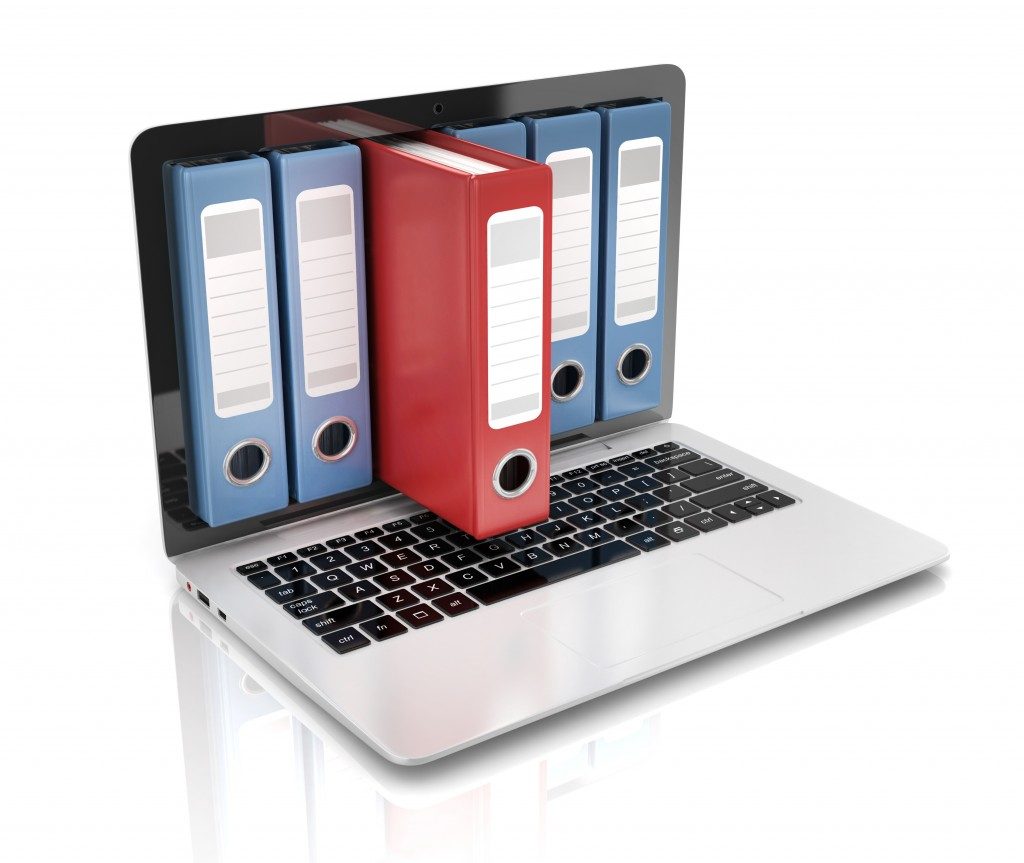Employers keep records and files of former and current employees. These are called personnel files. They include all information about the relationship the employee has with the company. This is important for any future legal issues that might arise between the employee and the company. The personnel records will also help the human resource department recruit better people and find gaps in the workers’ skills.
You don’t have to keep your past employees’ records as active files. You can use archive data software to save on storage space on your computer. Just make sure that you can get access to this information when past employees ask for their personnel files. You’ll also be needing these in case a legal case arises from an administrative (or even criminal) complaint.
The types of employee files you should be keeping are their personal, contact, employment, job (duties and responsibilities), payroll, and training and development details. These will give you a complete picture of the relationship your company had with a particular employee. In the future, when such details are requested, you’ll be ready for them—whether it’s to defend your company against erroneous claims or to pay off benefits and compensation.
Who Should Access the Files?
Typically, only the HR department should have access to these files. In some cases, companies allow top managers and other high-ranking officers to access the files. It’s a different matter when it comes to medical records, though. Only the HR department can look into an employee’s medical records because these are confidential. You can face a lawsuit if you divulge information about a person’s medical details to another person.
At the same time, you should also be wary of the local laws in your state. You might be asking the wrong questions. For example, in some states, companies are not allowed to ask about religion or ethnicity. The employee can sue you under state laws if these questions are asked. You’d better mind the state where you’re operating.
Why Do You Need to Store Them for a Long Time?

It is a legal requirement to keep employee records. Maintaining these records can prevent litigation, too. Do you want a he-said-she-said scenario? This classic case can put your business in jeopardy. Having personnel files will justify your actions. Documenting the employees’ performance and achievements, for example, will help the court understand why they need to be fired.
The records are also used to improve your recruitment process. You can review the current productivity levels of the staff and assess their contributions to the company. In case they leave the company and need a referral from you, their records will also guide you on how you’re going to recommend them for a new job.
You can keep physical records of your employees’ files or store them digitally. For good measure, you should have the most important details printed and store them in a safe storage box. The other details can be saved digitally on your computer. Be careful about whom you give access to your computer because leaking these records is a federal violation.

